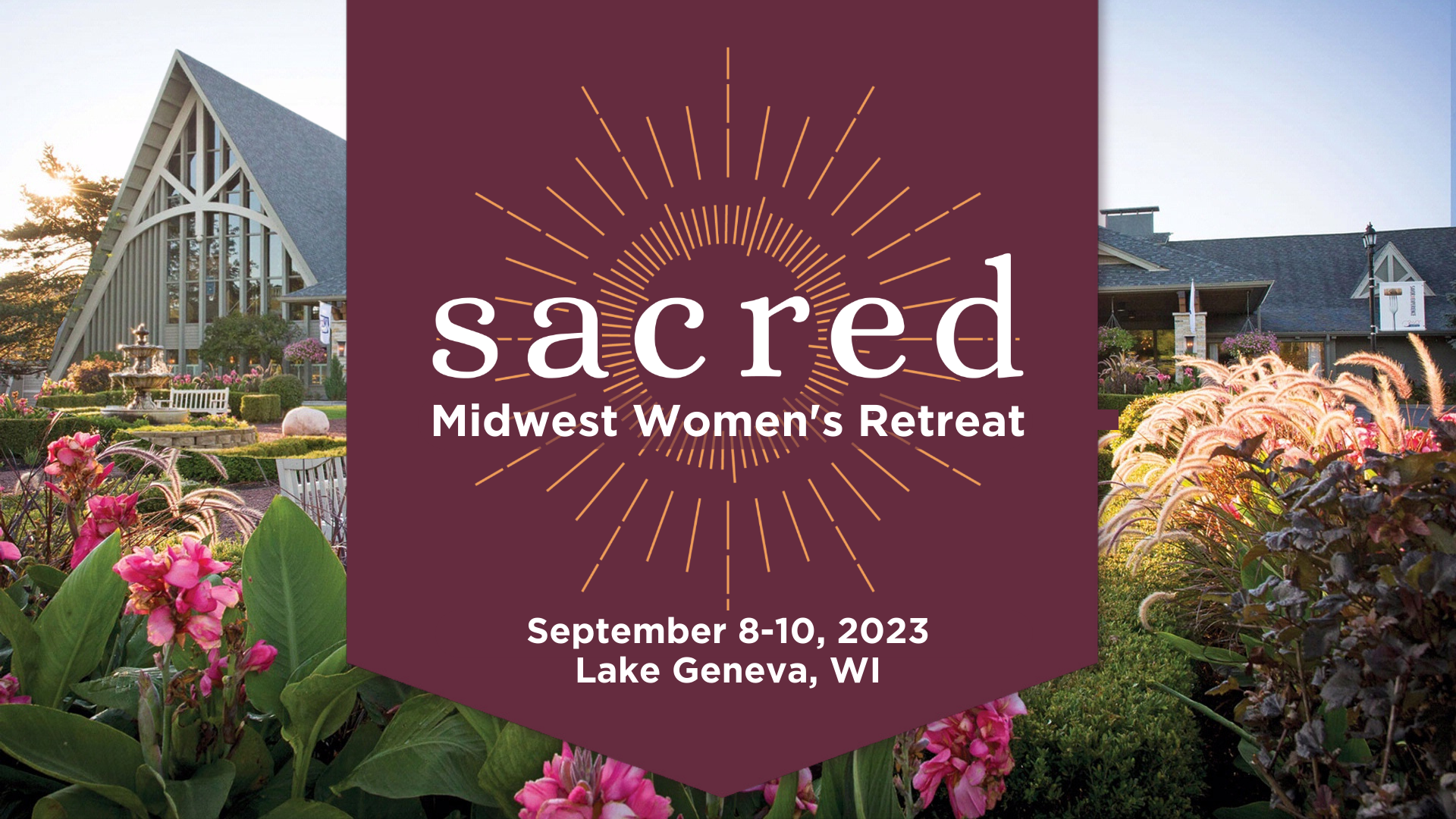Fasting and Prayer Guide


Fasting and prayer are two common spiritual disciplines associated with Christianity. Together, these practices can help people feel more connected—not only to their faith for spiritual growth but also to their own inner lives.
Whether you’re brand-new to these spiritual disciplines and curious about them, or you’re familiar with them and want to deepen your practice, this fasting and prayer guide is for you.
Here, we’ll take a closer look at fasting and prayer, their purposes and benefits, and why you might consider adopting one or both.
What is Fasting?
The spiritual discipline of fasting is taught in the Bible when Jesus advised his followers to fast, and promised that God would reward them for doing so. It refers to voluntarily restricting (or eliminating) your food intake for a particular (and purposeful) amount of time.
Fasting doesn’t necessarily mean abstaining from food completely or for a pre-set period of time. It can also mean giving up a certain type of food or a particular meal out of the day.
Lent is one of the most well-known examples of fasting in Christianity. Just as Jesus fasted during his 40 days in the desert both as a demonstration of his commitment and in preparation for the trials ahead, many Christians fast during this time.
Again, this doesn’t mean that they deny food completely. For example, on Lenten fast days, they may limit meals or abstain from meat or other foods.
People fast for many reasons. For some, it allows more time and focus on prayer. For others, it is an expression of the depth of their intentions and desires. When you fast and pray together, you are making a sacrifice that God notices and honors.
The Bible contains many teachings centered around serving others, and fasting can also serve this purpose.
It can even be an act of freedom, according to the Bible.
Isaiah 58:6 (NIV) says, "God says, ‘Is not this the kind of fasting I have chosen: to lose the chains of injustice and untie the cords of the yoke, to set the oppressed free and break every yoke?’"
Two things to note about fasting, however? It is not done out of commitment, not in exchange for God’s attention. God responds out of grace—not out of obligation. Fasting can help you prepare to receive God’s answer.
Finally, you should only fast if you are in good health. Partial fasts are acceptable, as long as they’re done in faith. The intentions are what matters.
What Does the Bible Say About Fasting?
Matthew 6:16-18 (NCV) instructs, “When you give up eating, don't put on a sad face like the hypocrites. They make their faces look sad to show people they are giving up eating. I tell you the truth, those hypocrites already have their full reward. So when you give up eating, comb your hair and wash your face. Then people will not know that you are giving up eating, but your Father, whom you cannot see, will see you. Your Father sees what is done in secret, and he will reward you."
The takeaway? Fasting is not for show for other people. It is a personal undertaking for God.
Throughout the Bible, there are many examples of fasting in preparation for blessings. For example, Moses fasted prior to receiving the Ten Commandments, while the Israelites fasted while readying for war.
However, God’s people also fasted when seeking guidance, purification, or peace. Take the Prophet Daniel, for example, who fasted for 21 days while undergoing a time of deep personal sorrow and unrest.
What is Prayer?
Prayer is an expression of a person’s relationship with God. It means talking to God and listening to God in return.
People all over the world have prayed for thousands of years. In the Christian faith, prayer dates back to the Bible. When God created Eve for Adam in the Garden of Eden, that was a manifestation of prayer.
Many people think of prayer in terms of asking for something. While it’s true that you can pray for guidance, help, strength, or something else, there are many reasons to pray—from sharing your feelings with God to conveying gratitude or contrition.
What Does the Bible Say About Prayer?
Like fasting, prayer is taught in the Bible.
Ephesians 6:18 NIV reads, “And pray in the Spirit on all occasions with all kinds of prayers and requests. With this in mind, be alert and always keep on praying for all the Lord’s people.”
There is no one specific way to pray. Neither is there a “right” or “wrong” way to pray. There are many written prayers, including well-known ones like the Lord’s Prayer and the Twenty-Third Psalm (“The Lord is my shepherd, I shall not want.”).
However, you can also use your own words in prayer. Similarly, people pray together with words or in song at church. However, people also pray alone—wherever they are.
Ultimately, prayer is about the spirit, not the letter. Prayer form and content don’t matter as much as coming to God with earnest intentions. Praying often and about everything can be wonderful—as long as you do so with an open heart.
What are Fasting and Prayer For?
Fasting and prayer often go hand in hand. While it’s possible to pray without fasting, prayer is a necessary component of fasting. Done together, they can restore your faith and strengthen your intimacy with God. They can also help open you to God’s message, let you “hear” him more clearly, and even allow you to draw strength from him.
Another way of looking at it? Fasting and prayer provide spiritual nourishment.
Should You Fast or Pray?
Fasting and prayer have powerful and transformative potential. However, they’re also inherently personal. Many Christians report that fasting and prayer help them feel closer to God.
However, non-Christians may also feel compelled to pray, and can also derive the benefits of fasting. This can be confusing, given the many instances in the Bible asserting that God—while omniscient—doesn’t hear the prayers of non-believers, and so their prayers are in vain.
Again, it comes down to intention. After all, Timothy 2: 4 tells us that God “wants all people to be saved and to come to a knowledge of the truth.”
For that matter, the intentionality imperative applies to everyone, and aligns with what it means to be an “active Christian.” Fasting and prayer aren’t about going through the motions or living your everyday life in a way that doesn’t reflect Christian values. To receive God’s grace through these spiritual disciplines, you must live by your beliefs.
If you’re looking to be part of a
diverse, multicultural community of people finding direction in their lives through God’s example, there’s a place for you at Chicago Church of Christ. Whether you’re just starting your faith journey or you’re a lifelong Christian who recently moved to the Chicago area,
we invite you to connect with us today.
Ministry News








